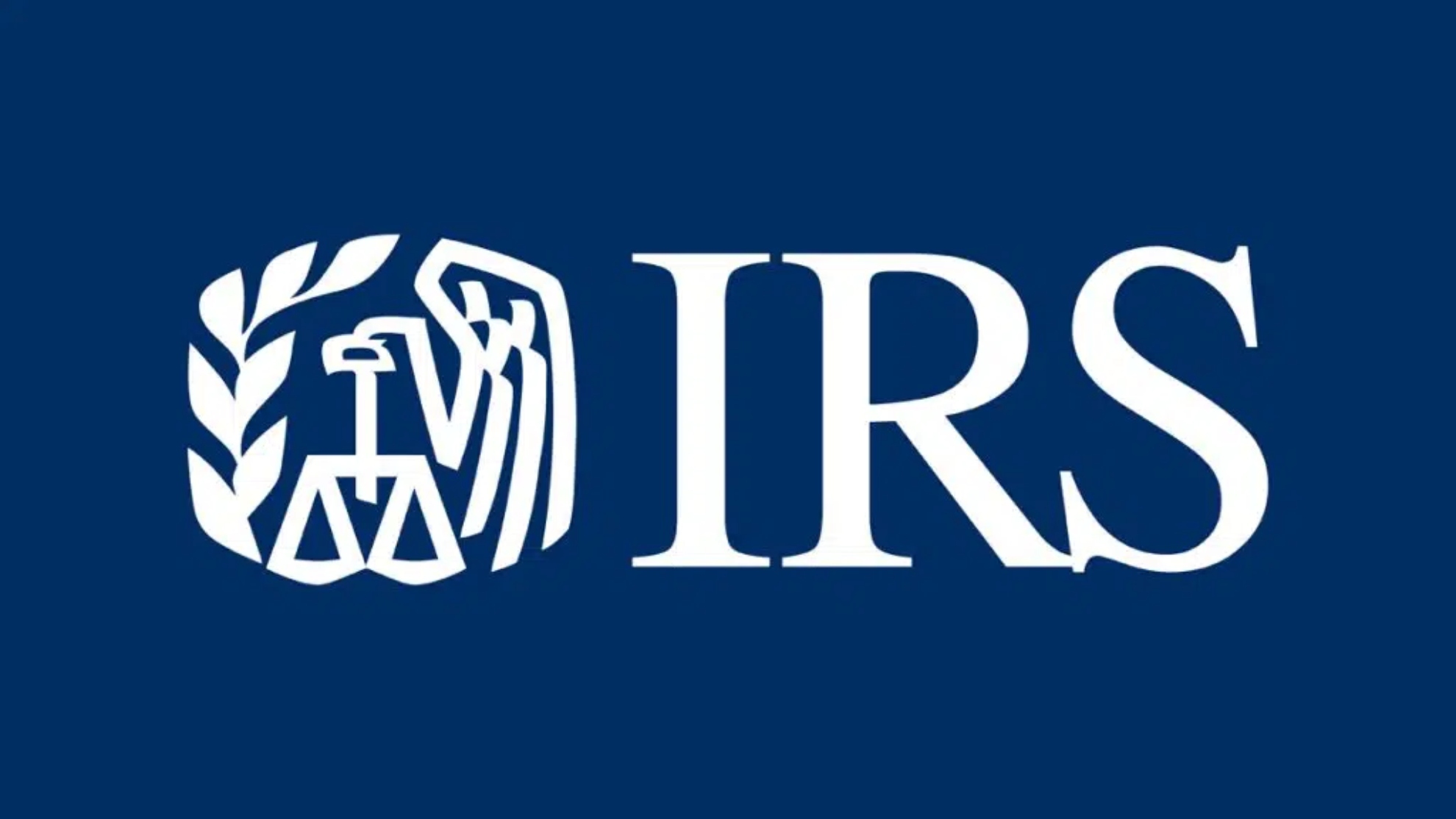The US Internal Revenue Service (IRS), in a release FS-2024-24 in July 2024, issued alert IR-2024-139 on 14 May 2024, about a series of scams and inaccurate social media advice. Social media schemes led to thousands of inflated refund claims during the 2024 tax season.
The IRS has increased its compliance efforts related to false and/or questionable credits. The IRS describes it as a series of scams and inaccurate social media advice, which has led to thousands of inflated tax refund claims for the 2024 tax season.
The IRS issued an initial warning advising taxpayers who filed these claims mistakenly to follow advice on letters from the agency and consider filing amended returns or talking to a trusted tax professional.
In the fact sheet, the IRS has identified three common themes that continue to pop up among these bad refund claims. They involve legitimate tax provisions, but they are limited to very specialised situations. The vast majority of the related claims coming in do not qualify:
- Fuel tax credit – This specialised credit is designed for off-highway business and farming use. Taxpayers need a business purpose and a qualifying business activity, such as running a farm or purchasing aviation gasoline, to be eligible for the credit. Most taxpayers don’t qualify for this credit.
- Credits for sick leave and family leave – This specialised credit is available for self-employed individuals for 2020 and 2021 during the pandemic; the credit is not available for 2023 tax returns.
- Household employment taxes – Taxpayers “invent” fictional household employees and then file Schedule H (Form 1040), Household Employment Taxes, to claim a refund based on false sick and family medical leave wages they never paid.
The fact sheet includes frequently asked questions (FAQs) designed to assist taxpayers who may have fallen victim to poor tax advice on social media.
The FAQs cover the following topics:
- What happens when the IRS identifies suspicious refund claims?
- What should you do if you receive one of these letters from the IRS, identifying your tax return as requiring authentication and/or being potentially frivolous?
- What actions are needed to avoid legal consequences?
- What are the legal consequences of filing a frivolous return?
- What is the Fuel Tax Credit?
- What happens if you fall victim to a Fuel Tax Credit scam?
- What is the Sick and Family Leave Credit for self-employed individuals?
- What are the two primary variations of the Sick and Family Leave Credit scheme?
- What is the overstated withholding scam?
The IRS stated taxpayers who reasonably and in good faith rely on these FAQs will not be subject to a penalty that provides a reasonable cause standard for relief, including a negligence penalty or other accuracy-related penalty, to the extent that reliance results in an underpayment of tax.
















